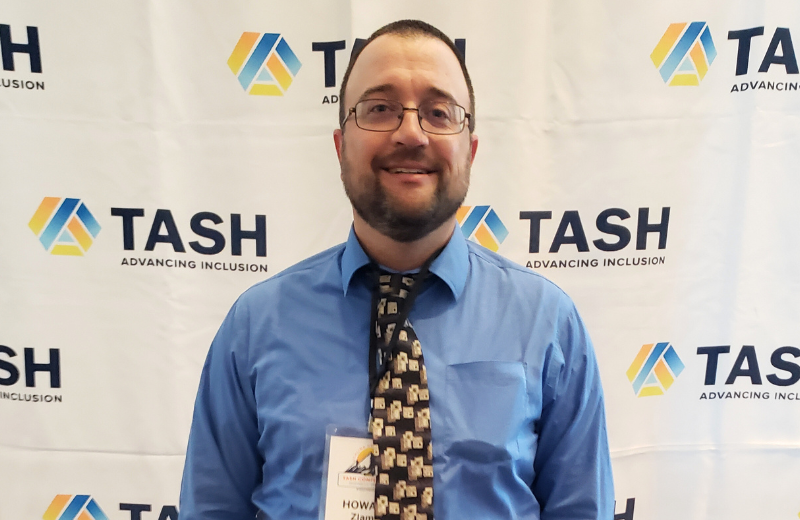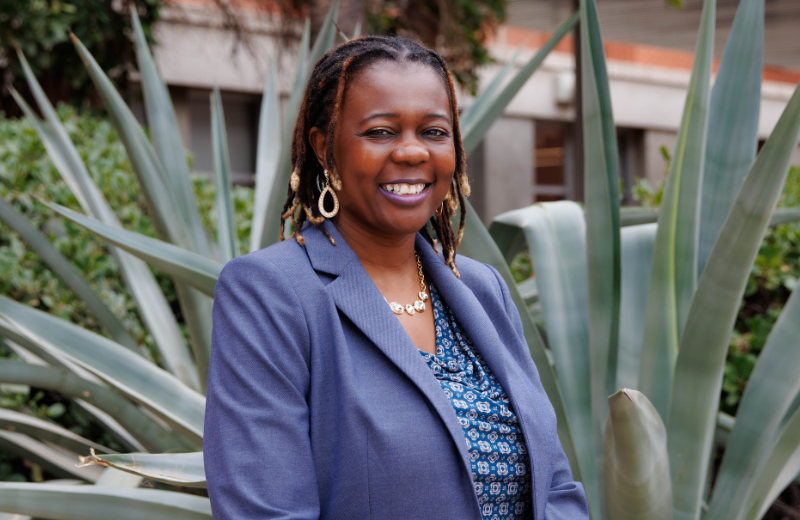
February 13, 2026
ArizonaLEND Faculty Spotlight: Howard Zlamal, Dedicated to Empowering the Disability Community


AUCD’s Community Inclusion Team supports the University Centers for Excellence in Developmental Disabilities (UCEDD) Network in partnership with the Administration for Community Living.

AUCD’s Maternal and Child Health Engagement supports the Autism CARES Programs, including LEND and DBP Programs.

AUCD’s Public Health Team works to create health promotion and public health efforts that include people with disabilities.

AUCD Emerging Leaders are a part of a community that includes trainees, early career professionals, self-advocates, and family members from AUCD member Centers and Programs.
The Council on Research and Evaluation (CORE) serves as a focus for the identification and discussion of issues regarding research and evaluation. CORE serves as a representative voice of the research and evaluation activities within the AUCD Network and influences the development and implementation of initiatives relevant to achieving and sustaining appropriate research and evaluation activities to guide the development of national policies.
The CORE fulfills its purpose and the mission of AUCD and its constituent membership by serving as a conduit for technical assistance, providing input into policy, and engaging in other support activities deemed necessary to advance the mandate for research and evaluation. The Council helps AUCD:
The Council on Research and Evaluation, known as CORE, is made up of individuals whose work is related to or who is interested in research and evaluation. CORE members are from each Center and Program across the AUCD Network. Membership is open to anyone in the AUCD Network who chooses to join the CORE by selecting the CORE in their AUCD Directory. Each Network member can also designate an individual representative who will cast one vote when a matter before the Council requires such an action. Members of the CORE are expected to attend the membership meeting during AUCD Annual Conferences and quarterly conference calls.
February 13, 2026

February 13, 2026

February 12, 2026

Sunday, May 3, 2026
National Leadership Innovation SummitTuesday, May 5, 2026
Charting the LifeCourse Showcase 2026Thursday, May 14, 2026
NIRS Data Coordinator Quarterly Call (5/14/2026)Copyright 2025 Association of University Centers on Disabilities